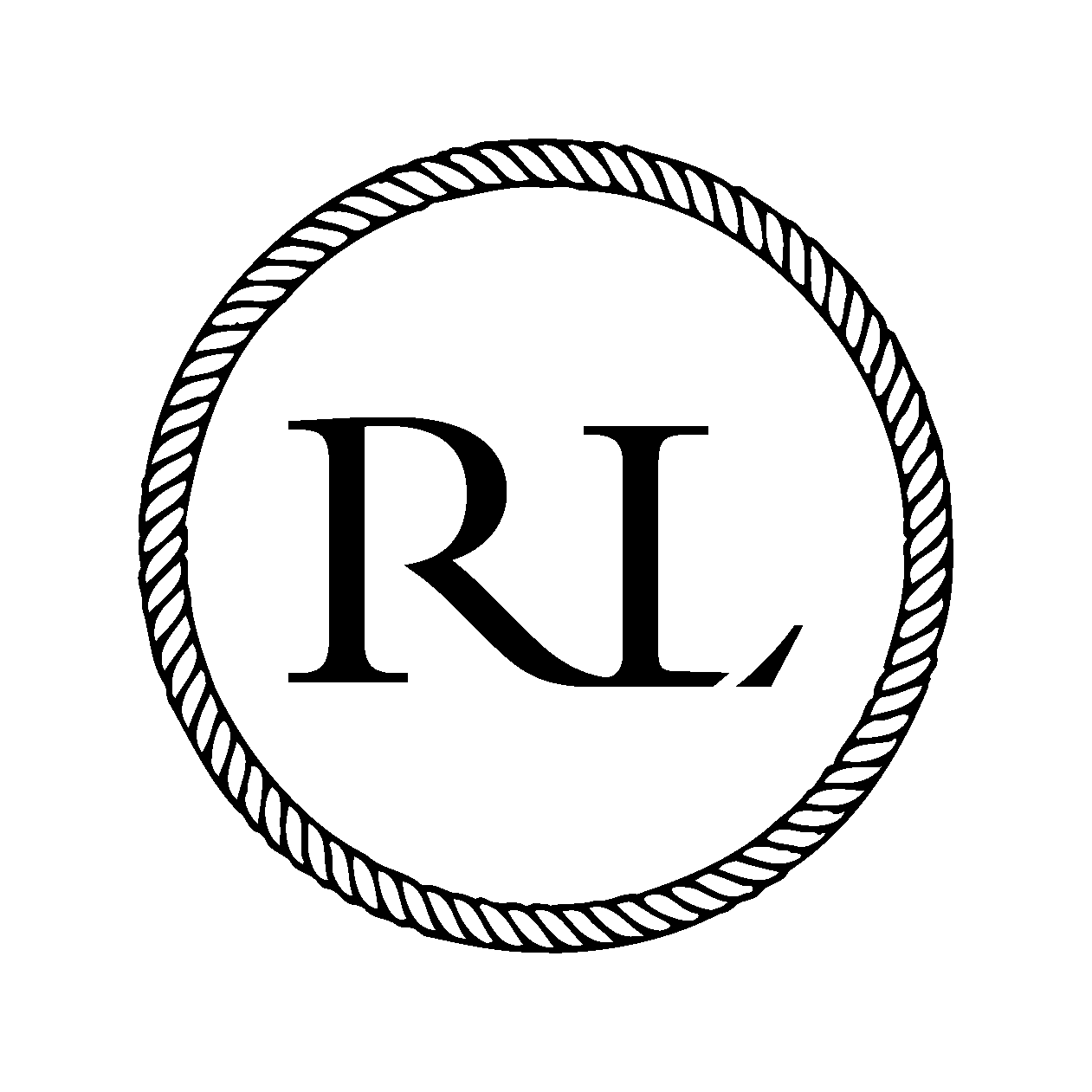Before the procedure:
- Stop smoking: Smoking can slow down the healing process and increase the risk of complications after surgery. It's important to quit smoking at least 6-8 weeks before your procedure.
- Avoid certain medications: Your surgeon may advise you to stop taking certain medications, such as blood thinners, before the procedure. Be sure to follow your surgeon's instructions carefully.
- Arrange for transportation: You will need someone to drive you home after the procedure as you will not be able to drive yourself.
- Prepare for recovery: Stock up on supplies, such as tissues, saline spray, and pain medication, to help you recover comfortably at home.
After the procedure:
- Rest and avoid strenuous activity: It's important to rest and avoid any strenuous activity for the first few days after the procedure. This will help your body recover and reduce the risk of complications.
- Use saline spray: Your surgeon will likely prescribe a saline spray to help keep your nasal passages moist and prevent dryness and crusting.
- Avoid blowing your nose: Blowing your nose can put pressure on the healing tissues and increase the risk of bleeding. It's important to avoid blowing your nose for the first few days after the procedure.
- Follow your surgeon's instructions: Be sure to follow all of your surgeon's instructions for postoperative care, including taking any prescribed medications and attending follow-up appointments.
Following these precautions can help ensure a successful outcome from your septoplasty procedure and reduce the risk of complications. However, it's important to remember that every patient's experience is unique, and you should follow your surgeon's specific instructions for the best results.
Frequently Asked Questions About Septoplasty
Answering some of the most commonly asked questions about Septoplasty and any patient concerns regarding the procedure.
